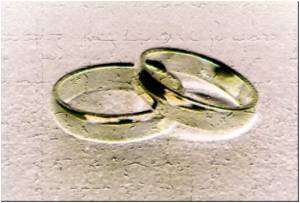A woman is more attracted to a man when she is uncertain about how much he likes her, says a new study.

"If we want to know how much Sarah likes Bob, a good predictor is how much she thinks Bob likes her," said the authors of the paper, Erin R. Whitchurch and Timothy D. Wilson of the University of Virginia and Daniel T. Gilbert of Harvard University.
"But what if Sarah is not sure how much Bob likes her?" This might lead Sarah to spend a lot of time thinking about Bob, wondering how he feels, and she might find him more attractive the more she dwells on him.
Forty-seven female undergraduates at the University of Virginia participated in the study. Each student, who believed that the experiment was designed to study whether Facebook could work as an online dating site, was told that male students from two other universities had viewed her profile and those of 15 to 20 other females. Then the women were shown four men's Facebook profiles that they thought were real, but were actually fictitious. Some of the women were told they'd seen the four men who liked them the most; others were told these were four men who rated them about average. A third group were told the men could be either the ones who liked them most or the ones who liked them about average-so those women didn't know about the level of the men's interest in them.
As other research has found, women who believed the men liked them a lot were more attracted to the men than women who thought the men liked them only an average amount. However, the women who found the men most attractive were the ones who weren't sure whether those men were into them or not.
"Numerous popular books advise people not to display their affections too openly to a potential romantic partner and to instead appear choosy and selective," the authors write.
Advertisement
The study has been published in Psychological Science.
Advertisement









